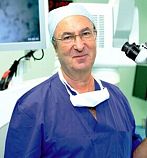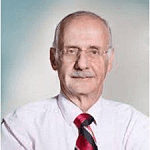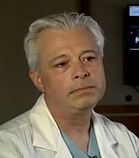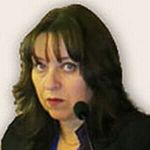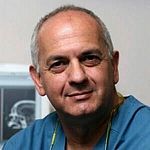Treatment methods

MDI Clinic doctors may prescribe taking anti-inflammatory medications, analgesics, and medications to manage pain and discomfort in the sacral area.
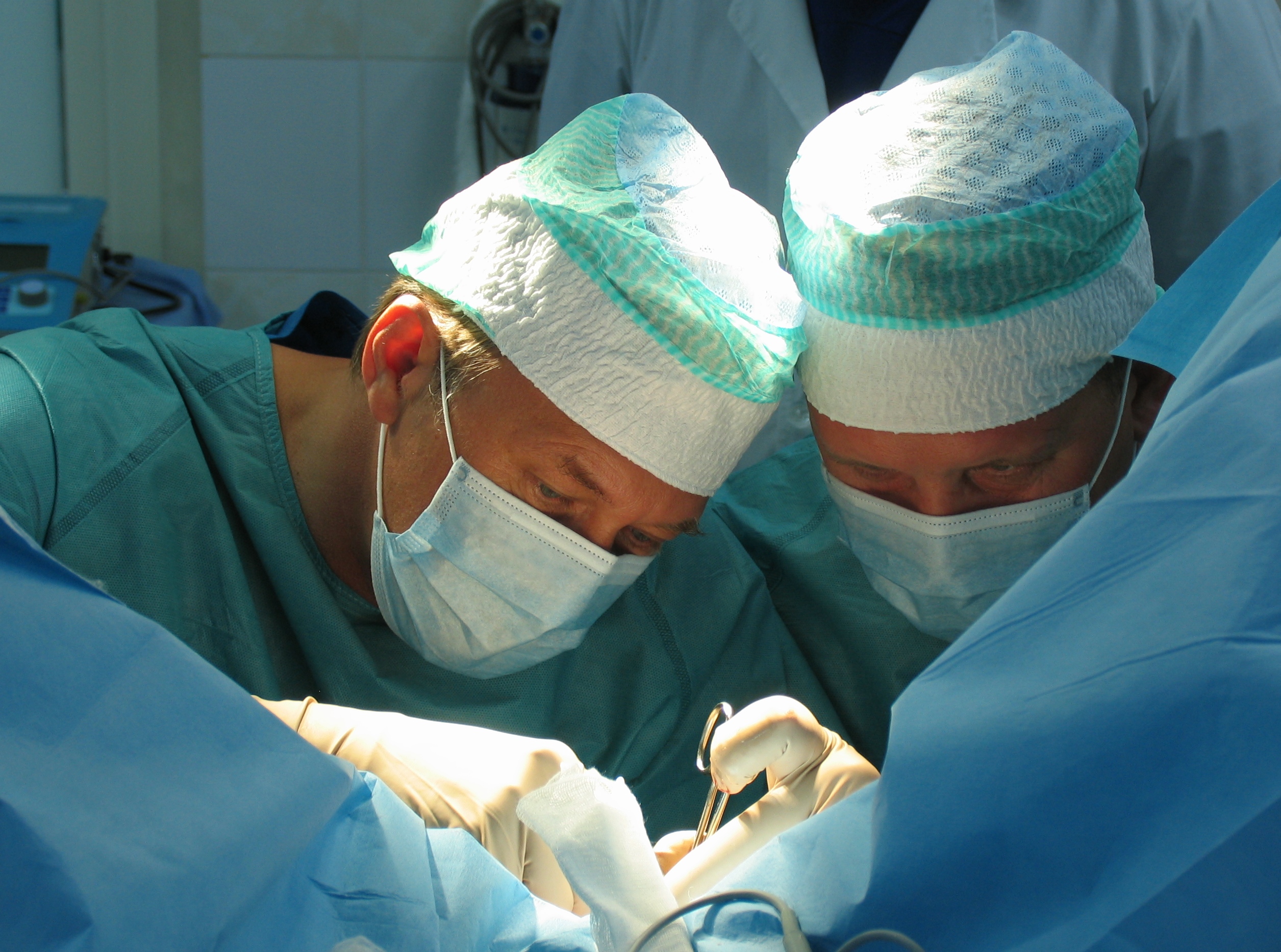
If the condition severely limits the patient’s quality of life, surgical intervention may be required. Surgery may involve removing part of the bone or correcting abnormalities in the sacrum. The surgery is tailored to each patient’s individual needs and risks.

Physical therapists may provide physical therapy sessions, including exercises to strengthen back and pelvic muscles. This can help reduce stress on the tail area and improve mobility.
The disease is usually attributed to abnormalities in early embryonic development when the spine is forming. This condition can be caused by various factors, such as genetic mutations or fetal exposure to various toxic substances or infections during pregnancy. But often the cause remains unclear.
The first and most characteristic symptom is an abnormality in the sacral region. This may include a disturbance in the shape or position of the bone.
Patients with this condition may experience pain and discomfort in the sacral region. Pain can be chronic and worsen with prolonged sitting or exertion of the tail region. Some patients may experience muscle weakness in the pelvis and sensory disturbances, especially in the lower extremities.
Diagnosis at MDI Clinic
Doctors perform a detailed examination of the patient. This is important to identify symptoms characteristic of the disease and to determine if there are relatives with similar abnormalities.
Radiography and magnetic resonance imaging of the spine play a key role in diagnosing the disease. These techniques allow visualization of bony abnormalities and changes in the sacrum and bone region.
In cases where a genetic disorder is suspected, special tests may be required. They can help identify the presence of genetic mutations associated with the disease. Genetic tests may be useful for families at risk of having this condition recur in future generations.
In rare cases, the syndrome may be detected by fetal ultrasound during pregnancy. This allows doctors to diagnose spinal abnormalities early and prepare for your child’s long-term care.
The best doctors in Israel
All doctorsPrice
How we are working
-
StepSubmitting an application

Simply leave a request or contact us at the numbers in the contact tab.
-
StepTalking to a counselor

You will be contacted by our consultant shortly after submitting your application. After the interview and review of the medical history, he will proceed to prepare a treatment program.
-
StepProgram preparation

Our specialists will draw up a personalized program, including a diagnosis and treatment schedule, the names and positions of the doctors, and the cost of treatment.
-
StepTravel arrangements

The coordinator will plan and organize the trip in every detail – from advice on preparing documents, to purchasing tickets, booking accommodation and even organizing excursions.
-
StepTreatment

Our staff will provide patient support throughout the diagnosis, treatment and rehabilitation period.

Форма обратной связи
"*" indicates required fields




